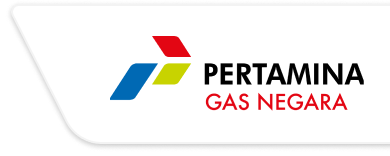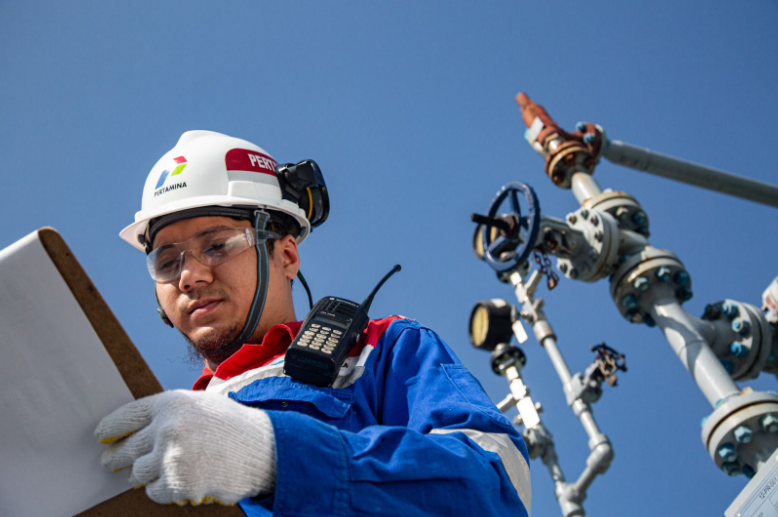Kembali Ke Beranda
15 Okt 2024
Improving Operational Performance, This is the Step of Subholding Gas to Maintain the Reliability of Oil and Fuel Pipelines
JAKARTA – PT Pertamina Gas (Pertagas), as part of the Subholding Gas of Pertamina, continues to demonstrate its commitment to building and operating energy distribution infrastructure in Indonesia. To date, Pertagas has operated 63 pipeline sections spanning 2,930 kilometers across Java, Sumatra, and Kalimantan to meet energy needs for various industries in the country.
As the largest national natural gas manager, Subholding Gas (SHG) continues to grow progressively and is focused on sustainability. SHG not only maintains its existing business but also continuously strives to improve the reliability of its operational performance.
Harry Budhi Sidharta, Director of Infrastructure and Technology at PT PGN Tbk, said that in its transformation into a national energy infrastructure company, Pertagas, as part of Subholding Gas, continues to expand its business scope not only in natural gas distribution but also in other energy infrastructure. "Currently, Pertagas has expanded its business into providing other energy infrastructure such as oil and fuel pipelines," Harry said on Monday, October 14.
To date, Pertagas has built and operated over 605 kilometers of oil pipelines, including the Tempino – Plaju Oil Pipeline in the Central Sumatra Operation Area and the Rokan Oil Pipeline in the Rokan Operation Area.
“Pertagas' contribution to oil distribution in Sumatra Island supports national energy resilience, where it has contributed to meeting national energy needs,” Harry said.
Additionally, Pertagas is currently working on the construction of the Cikampek – Plumpang fuel pipeline. The momentum for the start of the 96-kilometer pipeline construction was marked by the signing of a Cooperation Agreement (PKS) with Pertamina Patra Niaga on Friday, October 4, 2024.
Pertagas continues to develop its pipeline network while also committing to ensuring the reliability of the energy being distributed. This commitment is supported by Pertagas' operational and pipeline maintenance competence, as well as its supporting facilities. The certified human resource (HR) capacity is one of the key pillars in maintaining high operational standards, from installation processes to maintenance, carried out with professionalism and adherence to regulations.
In terms of work safety, by the end of September 2024, Pertamina Gas recorded 105,142,028 safe working hours, reinforcing its commitment to prioritizing safety as a primary concern. Pertagas strives to create a safe and healthy work environment, reducing accident risks to maintain the reliability of energy distribution operations.
Furthermore, to maintain the reliability of oil pipeline operations, Pertagas manages risk control through a Security and Oil Losses Management system with an Integrated Detection System, as well as ensuring the accuracy of measurement tools (meters) to address discrepancies with strict procedures. By applying Flow Assurance and Pipeline Integrity principles, Pertagas ensures that every energy flow runs smoothly and safely while meeting the established quality standards.
Harry said that Pertagas will continue to develop and add energy distribution infrastructure and synergize with both upstream and downstream industries.
The accessibility of integrated energy distribution infrastructure presents a significant opportunity for Pertagas to expand its business. With its midstream sector expertise, Pertagas is capable of exploring collaborations with upstream and downstream industries to transport various types of energy, such as natural gas, crude oil, and fuel. This cooperation allows Pertagas to expand its network and improve efficiency in energy distribution.
“Through the pipeline network built to distribute energy from upstream to downstream, it will result in cost-efficiency in transportation, work safety, flexibility and scalability, as well as reliable and stable energy supply,” Harry said. (**)
Kembali Ke Beranda











